Croatia's Foreign Entrepreneurs: Mariann from Hungary, Translator and Photographer
April 20, 2019 - Continuing our look at the foreign entrepreneurs trying to succeed in Croatia as so many are emigrating, meet Mariann from Hungary, translator and photographer.
1. First and foremost, why Croatia?
It was not my choosing actually. My family came here in the early 90s before the war. My father was a representative of a big company in Hungary and in between became an important member of the Hungarian embassy. He was sent to Croatia to make connections here. After his mandate, so to speak, expired, we as a family, stayed here. We were constantly on the move - from one flat to the other, never owning a home here (flat or house), in Hungary only.
I started my education here, skipped kindergarten and was “hurled” into primary school. That was a shock for me. Then came the war. For a year we came back to Hungary and then returned again when all was quiet.
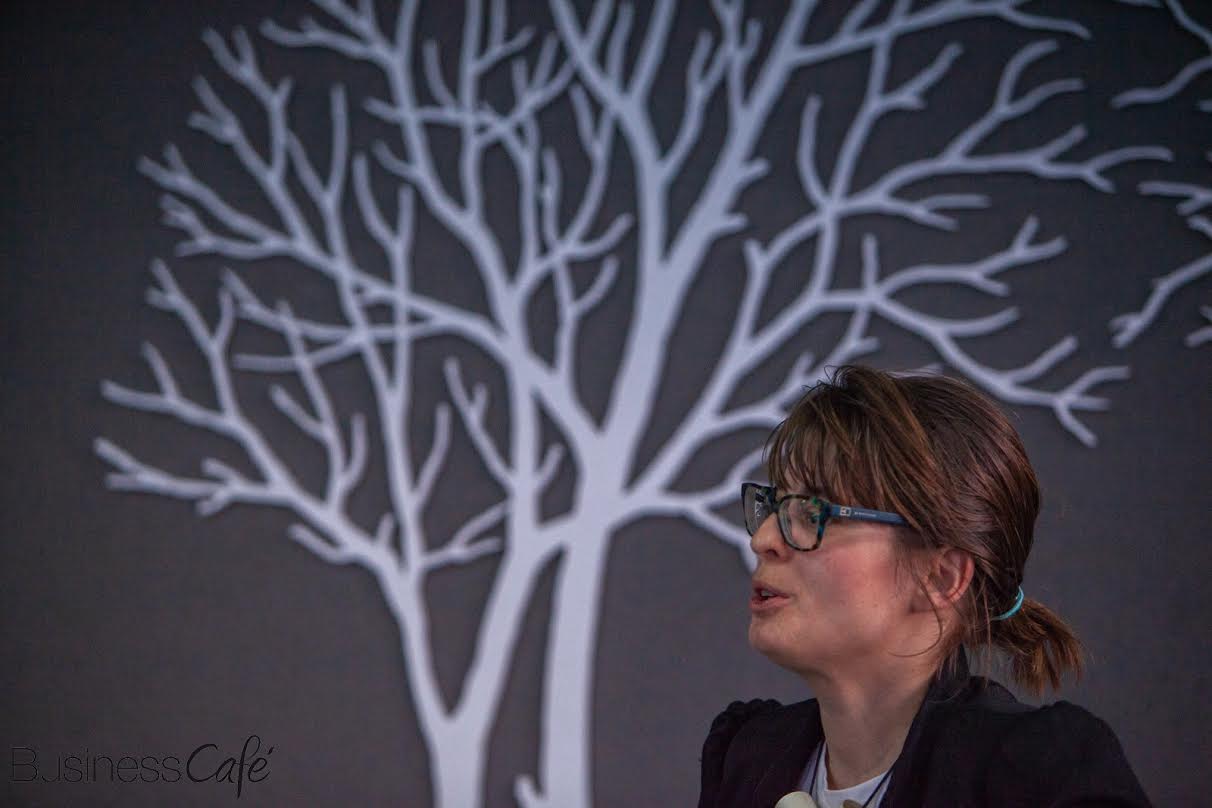
2. Tell us about some of the differences of your expectations of running a business in Croatia and the reality.
I’m a translator (court interpreter), copywriter and emerging photographer. I work with Hungarian, English, Croatian and German.
As my business is the result of a long time being out of work, I had to make something to earn money. The bureaucracy here is a big impediment. There’s no understanding. When you start off on your own, there’s almost no one to help you, apart from Plavi Ured and the governmental institutions don’t actually do anything to help you, they just do anything to be a huge block to your development.
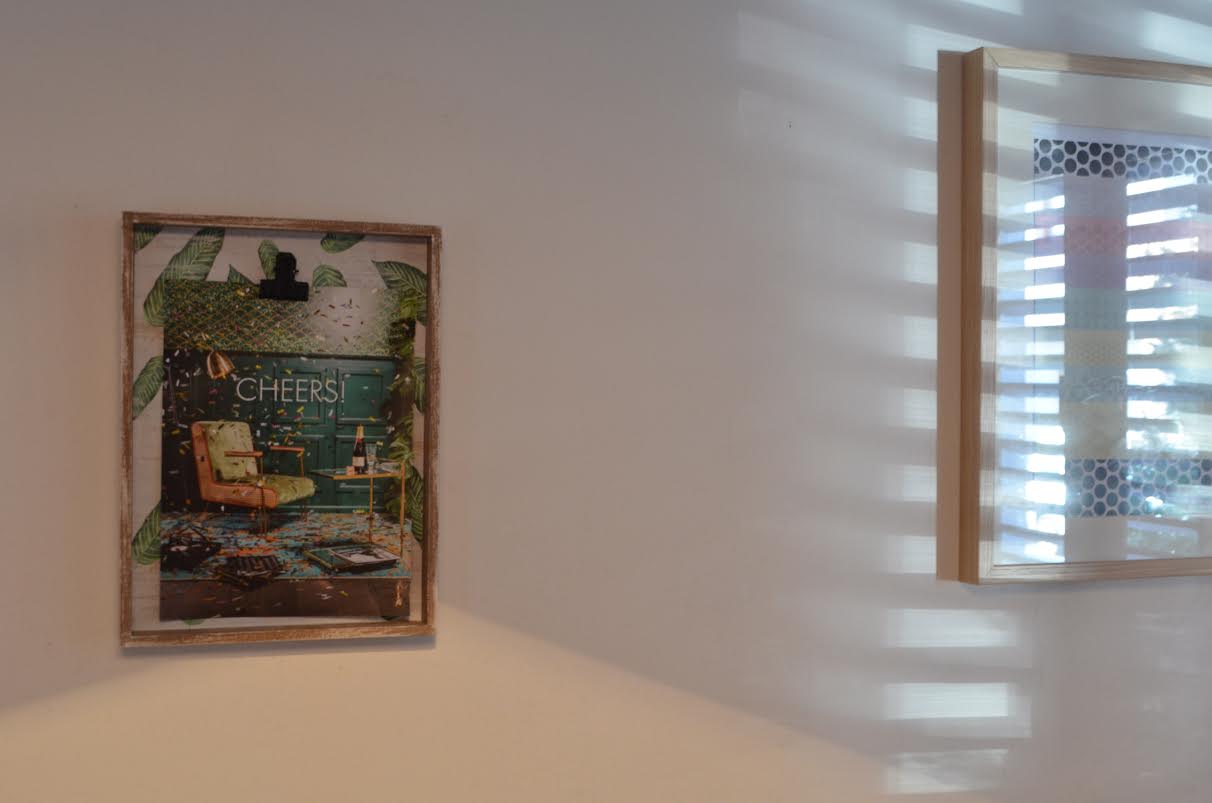
3. What (if any) bureaucratical issues have you encountered and how did you overcome them (i.e. any advice to the would-be entrepreneur?)
Consult Plavi Ured in everything. The employment office is no help whatsoever.
4. How is your product or business perceived in the Croatian market?
It’s tough to work with/against agencies. I say against because agencies take the job from individuals.You can’t achieve a rate that would be accepted by clients - direct clients won’t pay you that much. They look for the cheapest, which is most certainly the lowest quality of translation they will get.Our trade is not respected. Our official rates are not accepted.

5. What were the opinions of your friends and community, were they supportive of your idea,or…?
They were supportive, but didn't see any positive outcome. There’s still much to do and develop in order for my business to prosper.
6. What are some of the greatest challenges you have faced in business in Croatia?
Clients not willing to pay in advance. That’s the only way to ensure that clients will pay for your translation. At least the direct clients. Going after a client, who didn't want to pay and didn't answer my calls or emails. I had to come to Hungary from Zagreb to urge him to pay.
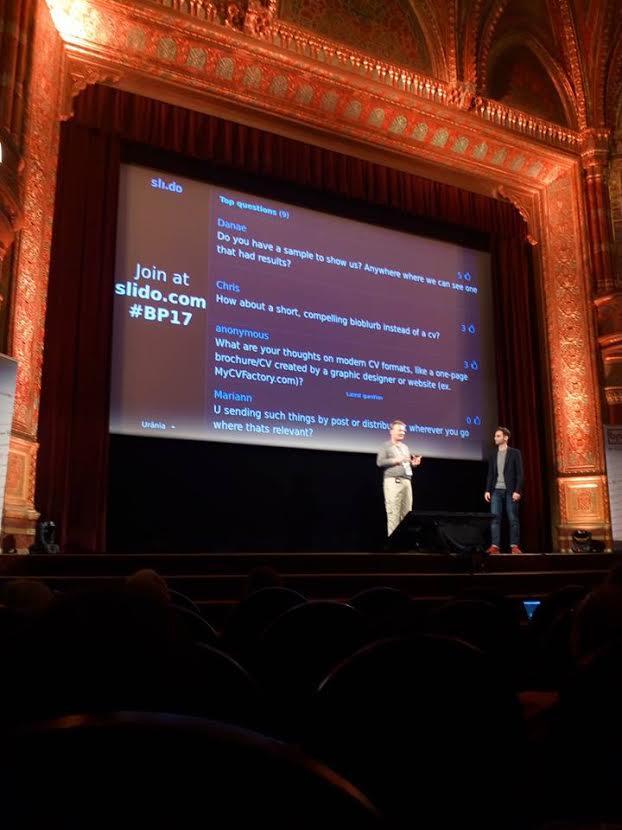
7. If you knew then, what you know now, would you have come?
I’ve been living here for more than 30 years now. I’m considering relocating. Most probably to England or Scotland. Hungary is my second choice.
8. What are 3 things you love about Croatia?
People being laid back and liking coffee, quicker service than in Hungary, wonderful nature (mountains and lakes).
9. What are 3 things you would like to see improved in the business climate in Croatia?
Less bureaucracy, the ease of setting up a business, more support for businesses.
10. How is it working with Croatians in terms of a business mentality?
It’s tough. The Hungarian mentality is way too different. We’re more sincere and have more responsibility.
11. Advice for foreign entrepreneurs thinking of coming to Croatia?
I think you should wait a few more years for the government to ease the restraints when setting up a business. Croatia will open itself more for the foreign market and will want foreigners to invest here, but the institutions should work into their hands.
Have someone you know here to guide you through the process.
You can learn more about Mariann's translation services on Tralangia.com.
To learn more about the foreign entrepreneurs trying to make it in The Beautiful Croatia, check out the heroes we have covered already.
Are you a foreign entrepreneur trying to make it work in Croatia and would like to promote your story? Contact us on This email address is being protected from spambots. You need JavaScript enabled to view it.
Croatia's Foreign Entrepreneurs: Natalia from Poland, EU Funds for Ogulin
April 14, 2019 - Continuing our look at the foreign entrepreneurs trying to succeed in Croatia as so many are emigrating, meet Natalia from Poland, an EU funds specialist making a difference in Ogulin.
The absolute best thing about living in Croatia and running TCN is the knowledge that every day is different, and one can never predict anything.
There are so many interesting people here, from all over the world, and the more I travel around Croatia, the more amazing people I meet.
Earlier this month, for example, I spoke at the first Business Club International in Zagreb, together with the star of the night, Natalia Zielinska, a Polish lady now living in Ogulin and doing fabulous things with EU funds. So, after several months, I am delighted that Natalia agreed to an interview, thereby reviving our popular feature on foreign entrepreneurs in Croatia, at a time when many young Croats are headed in the opposite direction.
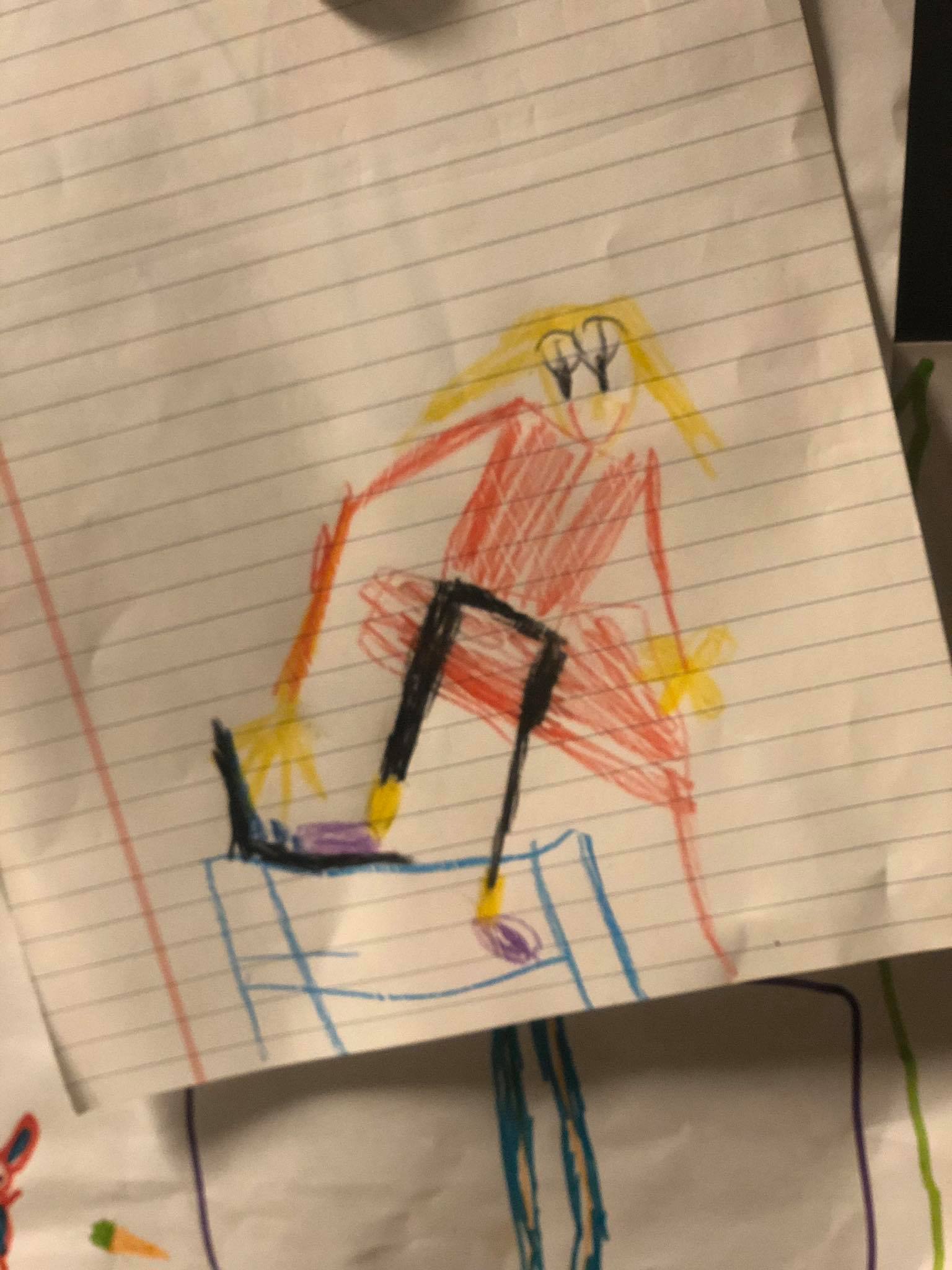
1. First and foremost, why Croatia?
Why not?! I mean, Croatia with all its absurdities is still a beautiful country to live in, especially when you are a young parent. But I did not plan that. I started studying Slavic studies and European Studies in parallel, so I worked on EU projects and studied Croatian. First the academic path and then the business path led me to Croatia.
In the meantime, I fell in love with my present husband. I am still in love so I can get through everyday obstacles in Croatia somewhat easier.
2. INTRO YOUR BUSINESS, what is it you do?
I am working on the preparation and implementation of EU projects. I advise clients, mostly small businesses, but also the public sector, which of the possible programmes they can use.
After that, I draft the bidding documentation and, after the approval of the grants, I am responsible for the implementation of investment projects. In theory, I am involved in consulting services. In practice, I deal with management, strategic planning, human resources. All more demanding projects contain at least part of all of these elements.
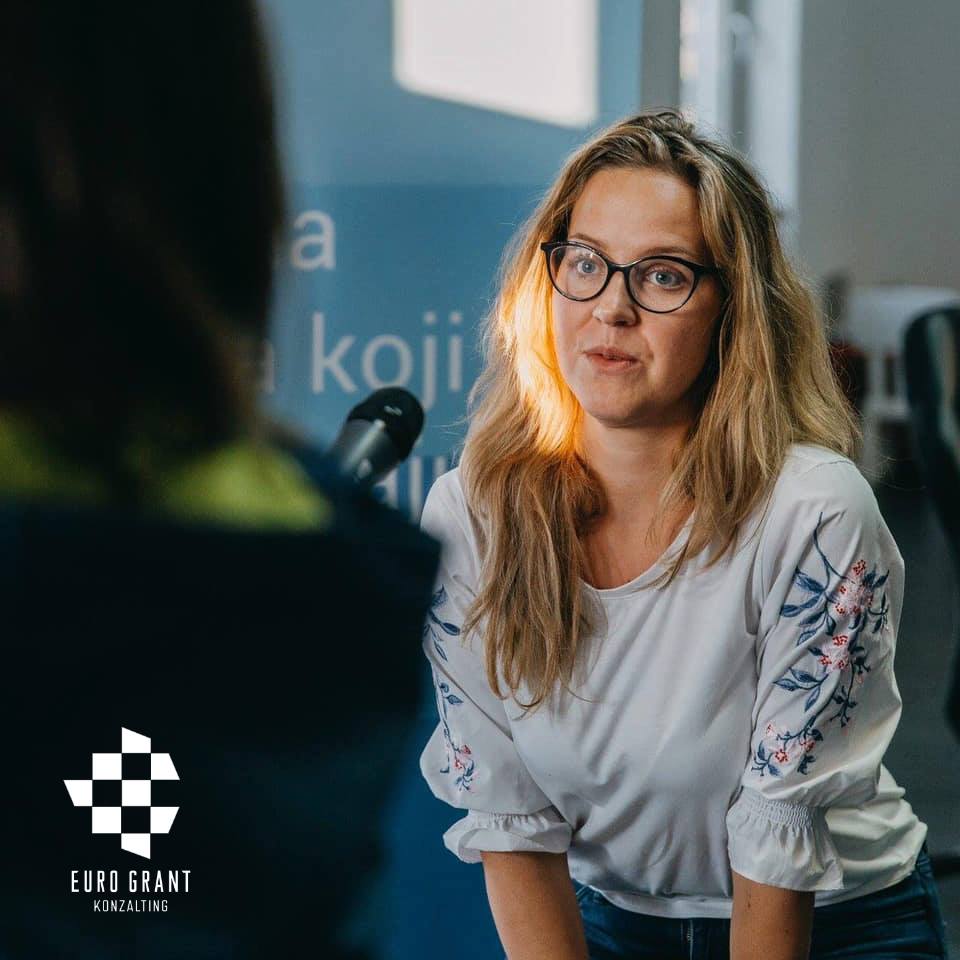
3. Tell us about some of the differences in your expectations of running a business in Croatia and the reality.
Before I came to work in Croatia, I did the same job for four years in Poland. I have a university degree in EU projects. The difference is best seen in the fact that my first business partners, a company with large projects in Poland, decided against further investment in Croatia after half a year.
The calls were not published at the planned time when they were finally launched, and they were complicated and unclear, you could not get any information if you did not have connections and well-placed acquaintances. What was worse, the trust of people in EU funds and the public sector was justifiably very low. When I came talking about EU funds, I felt like a Jehovah's Witness. People thought I was going to cheat them. That was understandable, in view of their experience. But I did not give up despite differences and obstacles.
Immediately at the very beginning, I had a baptism of fire, and I knew it would be an arduous journey, but by nature, I am clinically persistent – I simply accepted the fact that I would have to learn everything from scratch. I was persistent, gained the trust of people, succeeded with one, two, three projects... And so on.
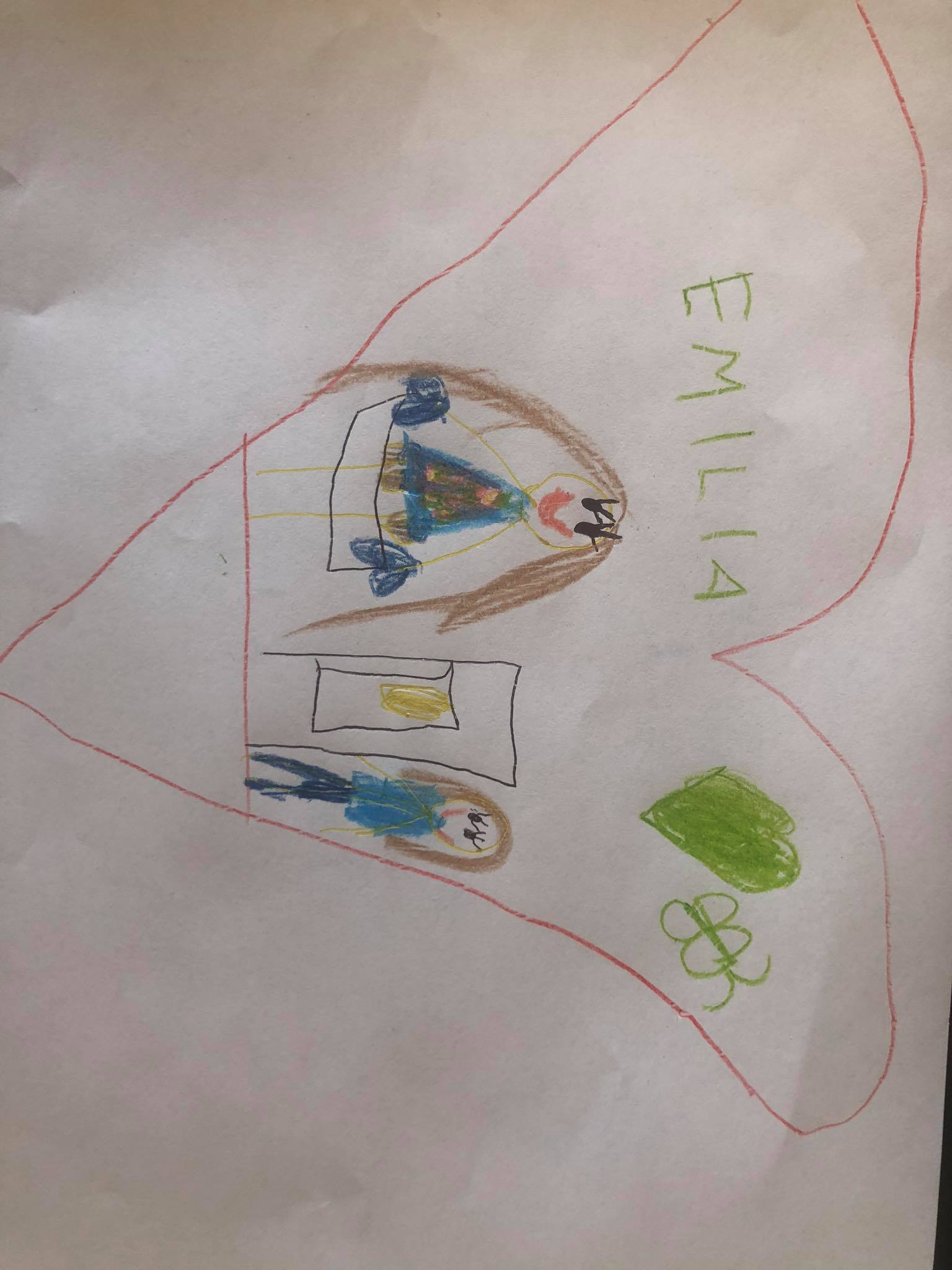
4. What (if any) bureaucratical issues have you encountered and how did you overcome them (i.e. any advice to the would-be entrepreneur?)
After five years, whenever I need to make a change in a company, add business activities or change my address, I have to go to a public notary where I personally sign a few sheets of paper. This is an absurdity in the digital world. I pay 20 different fees a month. To receive a grant from an institution, I have to ask that same institution to confirm that we have no debts towards them. What can I say? Two different laws define the same thing in two completely different ways. Each ministry has its own opinion, even every employee in each department has his or her personal opinion.
When writing a project, you have to follow the regulations, but the question is which regulations and whom you can ask. Of course, if you choose wrongly, you are hit with a fine or a rejection. The rules change daily. The worst thing is that there is no responsibility in the public sector; the whole weight falls on the shoulders of entrepreneurs. I have still not overcome this situation, I have just created my little micro-cosmos, based on the Ogulin model, where I know more or less everyone, and it is easier to get information.
At one point I wondered, if in Ogulin you can look a person in the eye and solve everything with a conversation, why this does not work at the national level? In the end, we are all people, so I started working with everybody as if we were neighbours, openly, kindly and sincerely.
This proved to be effective. In most cases. There are still bad examples. Therefore, I am always prepared for obstacles, but I am clinically persistent. I sometimes wait for people at their doors or call them 20 times a day. The bigger the challenge, the more persistent I become. It is challenging, but success is sweeter that way.
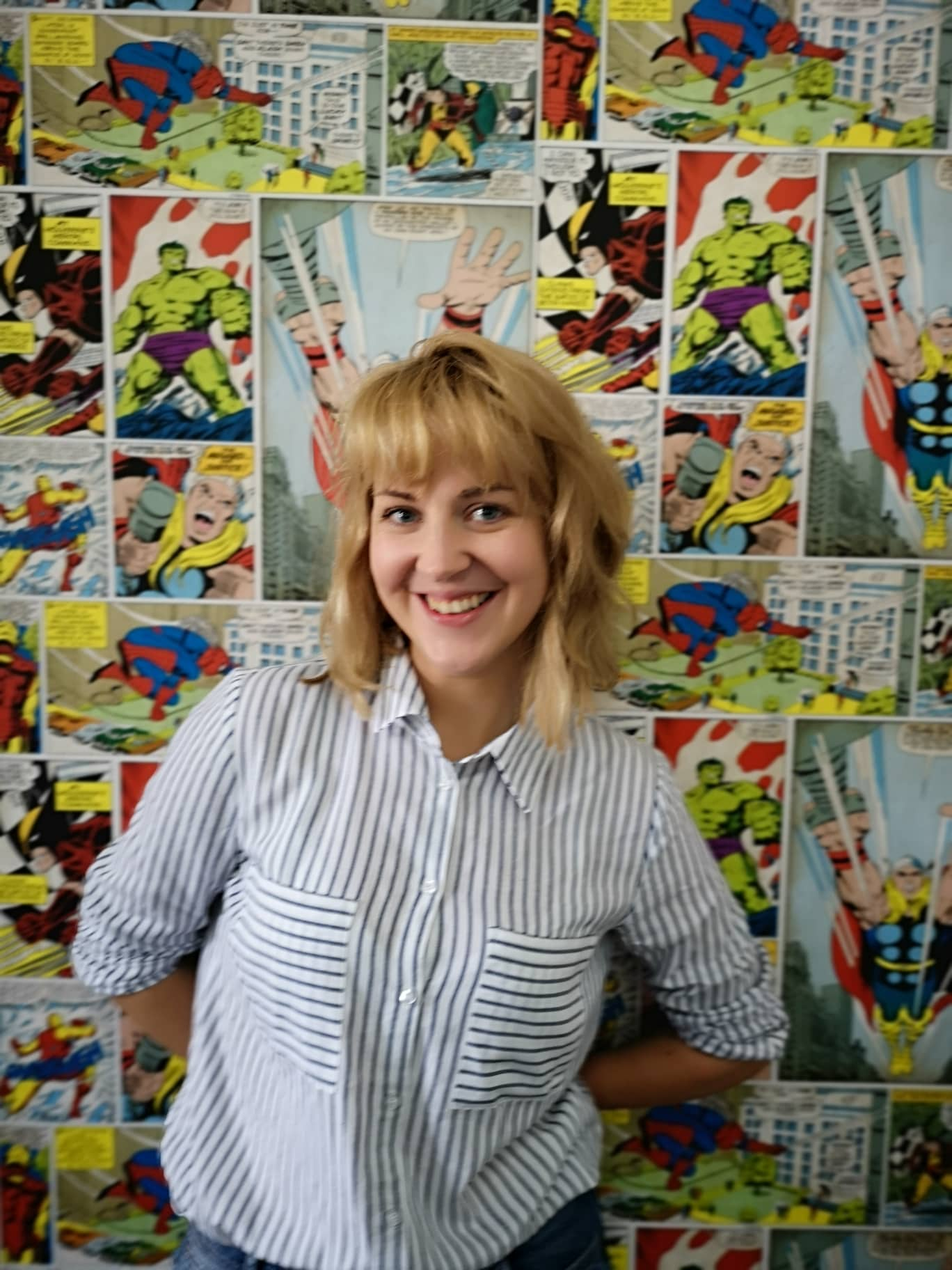
5. How is your product or business perceived in the Croatian market?
Now, after four years since we started realising real investments from EU funds, it is a little easier to gain customer trust. In the beginning, it was all too abstract for everyone. Besides, consultancy services are intellectual services, while Croatia values things such as savviness, knowing the right people and political background more than expertise. That is a fact. At first, I was very frustrated, but then I accepted the rules of the game. I created new value. I still respect the expertise and do not let yield too much, but I talk and build informal networks.
Of course, the inefficient EU funds system has a significant effect on us the consultants who are the main culprits for a possible failure. The client is paying us to bring him or her to the goal of getting the EU grant. They do not care about the path we have to endure and how often a large part of it does not depend on us, but rather on an employee of a particular agency or ministry. This is a great responsibility. As I said, now that I already have my network, my experience, a specific portfolio, it is easier to operate in the market.
Clients are willing to pay more because they know they get outstanding service, now that I have turned my approach into a brand. You know how it goes: they initially laughed, then they threatened, and now they call me because I am well-known for being direct, decent, and productive. While some projects based on knowing the right people are failing, my projects are expanding.
6. What were the opinions of your friends and community, were they supportive of your idea, or…?
My husband is also crazy about his own ideas, so he fully supports me and stands by me. I am the one who always fears, questions. He keeps asking me, so what if you do not succeed, what can happen that would be so terrible? Then, when faced with the bleakest scenario, I realise we have nothing to lose. We have two kids, and that is what is really important and fixed. Everything else is just passing projects, work.
Everything I do is for the family, to be a full and happy person, to show my children that they should be persistent and believe in themselves. Other people... so-so. I have people who not only support me but embark on crazy ideas, like coworking in Ogulin or an entrepreneurial incubator - the Entrepreneurship Academy. Some come to me with their crazy ideas that we turn into reality. If the Croatian society were so conservative and passive as it is believed to be, I would not be here because, in the end, I cannot write all the projects, I am only structuring them, but the ideas come from people. And people here are really wonderful when they are given an opportunity to express themselves. I do not care about jealous and envious people. If they want to hinder me, I become even stronger. But I do not care about them; I have too much work with positive stories.
7. What are some of the greatest challenges you have faced in business in Croatia?
Each project is a challenge. But the most challenging project was to start doing business here, without my own capital and knowledge, in Ogulin.
8. If you knew then, what you know now, would you have come?
Definitely. But, if I knew everything I know now, that would have saved me a lot of nerves and getting upset about things I could not influence. The system is a system, and you cannot bring it down, you can only show by way of example that it can be done differently and that others can follow you and give up on the system which will collapse eventually on its own.
9. What are 3 things you love about Croatia?
1. Food - I suppose I needed to come here to figure out that green salad can be eaten just with olive oil and lemon, the finest side dish after Brussels sprouts.
2. Biodiversity - everything is so close, the sea, mountains, forests...
3. Relaxed way of living – I am choleric so this “let it be” approach by the Croats suits me well. My hyperactivity and the nonchalance produce an exciting combination.
But I have to note that these three things are the reasons that can easily make you slow down and get lazy in Croatia. That is the rabbit hole in the wonderland. But you realise that in the end, the queen cuts off the heads for fun. Yes, it is lovely, but you cannot relax too much.
10. What are 3 things you would like to see improved in the business climate in Croatia?
We should cut the public sector by 75%, shift most services to the more efficient private sector. We should merely unleash the market, and then everything will come to its own. The invisible hand will sweep the mess. So, in short, we should improve the business climate and just let people do their jobs. We do not need any incentives, laws, just let people do it.
11. How is it working with Croatians in terms of a business mentality?
Well as I have said, in the end, I have personally created a good combination with the Croatian mindset that works very well. Croatians avoid effort and change, and I am a hyper-activist who continually moves the boundaries. I teach them that you can always do something differently, while they teach me that it sometimes makes no sense.
Sometimes you have to reconcile with how things work and do not force changes but work systematically on them.
12. Advice for foreign entrepreneurs thinking of coming to Croatia?
Find reliable partners from Croatia who have experience in this and know how to find their way around. Otherwise, you will spend time and money hitting your head in the wall, while there are a lot of people who have built their own exit. Use them, their experience and knowledge. Otherwise, there is a significant risk you will be duped. Crude but true.
You can learn more about Natalia's Euro Grant Consulting on the official website.
To learn more about the foreign entrepreneurs trying to make it in The Beautiful Croatia, check out the heroes we have covered already.
Are you a foreign entrepreneur trying to make it work in Croatia and would like to promote your story? Contact us on This email address is being protected from spambots. You need JavaScript enabled to view it.
Croatia's Foreign Entrepreneurs: Paul of Rural Property Croatia in Varazdin
October 12, 2018 - While most real estate is based on the coast and Zagreb, an increasing number of foreigners are taking advantage of the excellent value on offer in rural Croatia. In the latest in our series on foreign entrepreneurs in Croatia, meet Paul Fischer, owner of Rural Property Croatia in the northern city of Varazdin.
Meet Croatia's Foreign Entrepreneurs: Carmen, from Sydney to Korcula
July 4, 2018 - Continuing our look at the foreigners trying to make a difference in Croatia, meet Carmen Tomasic, who swapped the luxury gourmet scene in Sydney to help bring an additional touch of class to the island of Korcula.
Croatia's Foreign Entrepreneurs: Dave, from Belgium to Opatija Riviera
Continuing our look at the foreign entrepreneurs in Croatia on April 7, 2018, meet Dave Roosen, who swapped life in Belgium for the gorgeous Opatija Riviera, from where he runs a logistics, freight forwarding, ship charter and brokerage business.
Croatia's Foreign Entrepreneurs: Adena, From New York to Zagreb via Hvar
March 20, 2018 - Continuing our look at the foreign entrepreneurs trying to make it in Croatia, meet Adena Lavin, who is bringing a little New York style to the Zagreb gourmet scene.
Croatia's Foreign Entrepreneurs: Markus, from Munich to Zagreb
February 16, 2018 - Continuing our look at the foreign entrepreneurs trying to make it in Croatia, meet Markus Borlinghaus, the CEO of Scalable Global Solutions in Zagreb, which offers recruitment and business process outsourcing solutions.
Croatia's Foreign Entrepreneurs: Michael, from USA to Zagreb
February 13, 2018 - Continuing our look at the foreign entrepreneurs trying to make it in Croatia, meet Michael, who swapped the United States for Zagreb.
Croatia's Foreign Entrepreneurs: Catarina and Chiel, from Kenya to Plitvice Lakes
Continuing our look at the foreign entrepreneurs trying to make a success of things in The Beautiful Croatia, perhaps the most extraordinary story so far - meet the couple who chose Croatia because of the bureaucracy when other countries would not take them. And what an unusual and fantastic business they are running! Fantastic stuff, Catarina from Kenya and Chiel from Holland.
Croatia’s Foreign Entrepreneurs: Michael Freer, Social Enterprise Guru
February 8th 2018, continuing our look at Croatia’s foreign entrepreneurs, this week we introduce you to Michael Freer, a man bringing new ideas and a fresh perspective to local businesses and communities.

